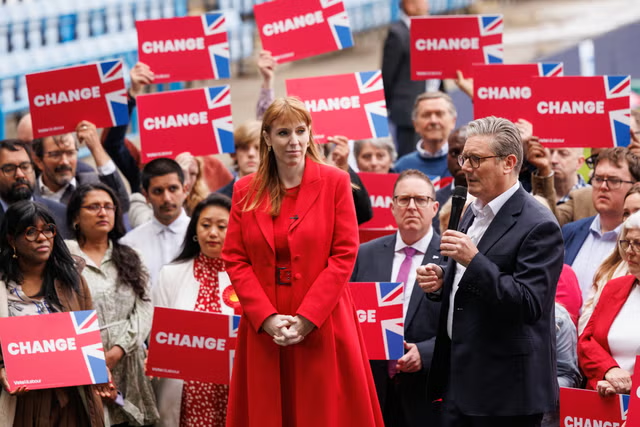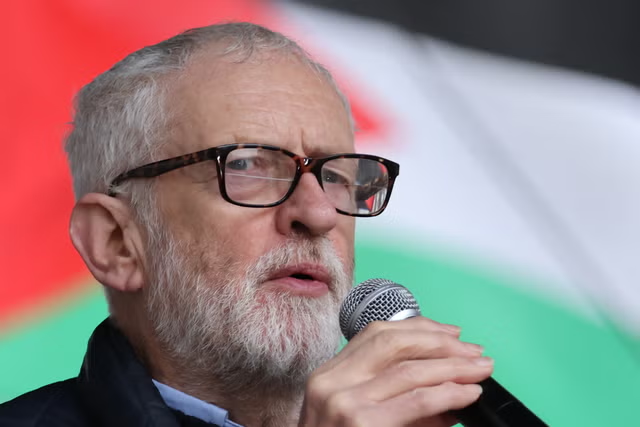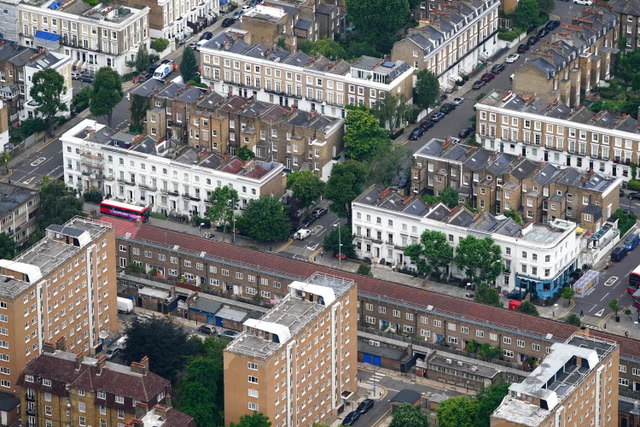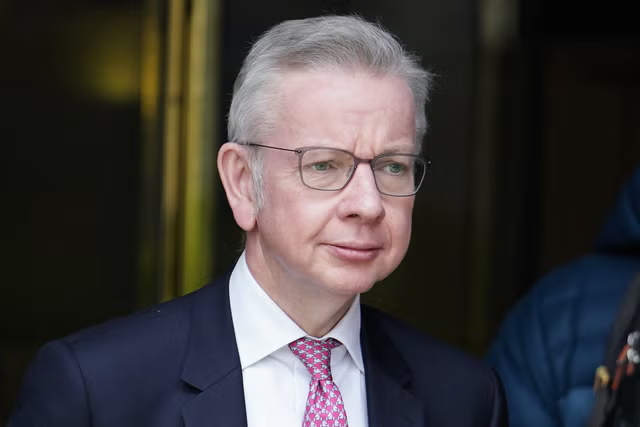Britain’s lawmakers will leave Parliament on Friday for the last time before an election is held in six weeks. Some will never return -– members of Parliament who are retiring or who lose their seats on July 4 face an abrupt readjustment to life outside politics.
After a flurry of last-minute legislation, Parliament will be prorogued, or formally suspended, in a ceremony featuring hat-doffing, lords in ermine-trimmed robes and commands in Norman French.
Prime Minister Rishi Sunak’s surprise decision to call a summer election means that some key pieces of legislation will have to be abandoned -– including his flagship plan to ban tobacco sales to future generations.
WHAT’S HAPPENING ON THE CAMPAIGN TRAIL?
On the second full day of campaigning, Sunak and his main opponent, Labour Party leader Keir Starmer, have already covered hundreds of miles (kilometers) crisscrossing the U.K. on carefully stage-managed visits to businesses and communities. Sunak is visiting Northern Ireland and central England on Friday, while Starmer is in Scotland and northwest England.
Labour is the strong favorite to win the election after moving from the left toward the political center under Starmer, its leader since 2020.
The party got a reminder of its recent past on Friday, when Starmer’s predecessor, Jeremy Corbyn, said he would run for Parliament as an independent against Labour’s candidate. Starmer suspended Corbyn and barred him from running again for Labour after the former leader accused opponents of exaggerating the problem of antisemitism in the party.
Starmer apologized for antisemitism, a move welcomed by many Jewish Labour members and others. But supporters of Corbyn said he was being smeared because of his longtime support for the Palestinian cause.
Labour has not yet chosen its candidate to run in the inner-London seat of Islington North, which Corbyn has represented since 1983.
“I am here to represent the people of Islington North on exactly the same principles that I’ve stood by my whole life: social justice, human rights and peace,” Corbyn said.
HOW IS PARLIAMENT PROROGUED?
Parliament is set to break up for the election with a tradition-steeped ceremony in which lawmakers from the House of Commons are summoned to the House of Lords in the name of King Charles III by an official known as Black Rod. That’s followed by a round of bowing and cap-doffing, before the title of each bill being passed is read out by an official with a cry of “le roy le veult” -- “the king wills it” in Norman French.
Parliament will be officially dissolved next week, 25 working days before election day. It will not sit again until after the election, when new members will be sworn in.
The new government, whether Labour or Conservative, is due to announce its legislative program at another occasion of pomp and ceremony, the State Opening of Parliament, on July 17.
WHAT LEGISLATION WILL BE PASSED FIRST?
Members of the House of Commons and the House of Lords were scurrying Friday to pass final pieces of legislation on the last day of a Parliament that began after the previous national election in December 2019 -– a process known as “washing up.”
One of the most significant is a law that will quash the convictions of hundreds of Post Office branch managers who were prosecuted for theft or fraud because a faulty computer system known as Horizon showed money was missing. The prosecutions and yearslong cover-up by Post Office bosses has been called one of the biggest miscarriages of justice in U.K. history.
The Post Office (Horizon System) Offenses Bill was approved by Parliament late Thursday and is due to become law after receiving the formality of royal assent from King Charles III on Friday.
Victims of a tainted blood scandal in which thousands of people were infected with HIV and hepatitis by contaminated blood products in the 1970s and '80s will get compensation after the Victims and Prisoners Bill is passed by Parliament.
Also expected to make the statute book is a bill overhauling property law in England and Wales, giving more rights to people who own leasehold properties, where the building’s freehold is owned by someone else.
WHAT BILLS WILL FAIL?
One of Sunak’s flagship policies -– a plan to create a “smoke-free generation” by banning the sale of tobacco products to anyone born after 2008 -- is among the bills that has run out of time.
It could be reintroduced by the new government if the Conservatives win the election. Labour supports the idea in principle and could also introduce a similar bill if it wins power.
A law that would ban landlords from evicting tenants without giving a reason is also falling by the wayside.
Disclaimer: The copyright of this article belongs to the original author. Reposting this article is solely for the purpose of information dissemination and does not constitute any investment advice. If there is any infringement, please contact us immediately. We will make corrections or deletions as necessary. Thank you.



